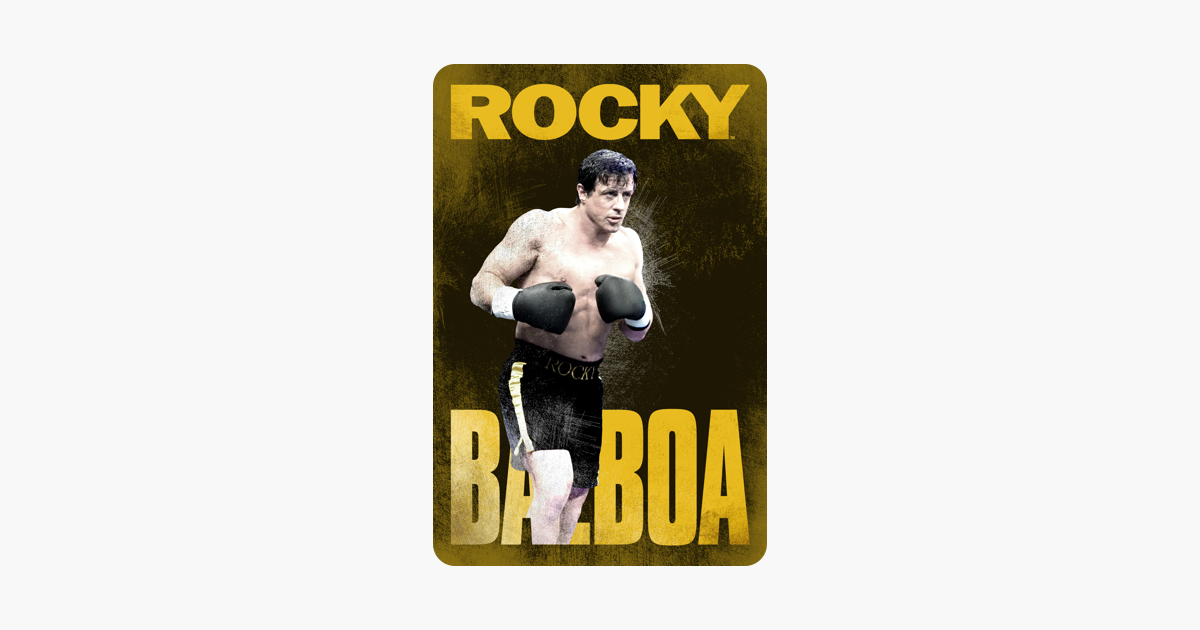

If Creed was Batman Beyond done as a Rocky movie, then Creed II was Batman Beyond: Return of the Joker. Flaws are not deal-breakers, and the film shows awareness in Paulie’s unapologetic racism, in this unquestionably entertaining blend of real-world drama (Rocky wrestling with his doubts after a brutal mid-film defeat) and fantasy (the film contains three fight scenes in 98 minutes, including a comic romp against Hulk Hogan) Carl Weathers gets his meatiest material as the former champ mentors his former rival, while the “hubris -> fall -> soul searching -> victory” arc has been ripped off in countless threequels including Iron Man 3, Cars 3 to The Dark Knight Rises.īox office: $116 million domestic and $214 million worldwideĪdjusted domestic box office: $116 million T’s Clubber Lang was presented as a stereotypical scary Black man and questioned why Balboa deserved a comeback rather than letting someone else get their shot. The swift, polished and pulpy action drama represents the franchise in a nutshell, warts and all, in terms of how it has been oft-mimicked and spoofed over the decades. This isn’t the best Rocky movie, but it’s certainly the definitive Rocky movie. A few strong dramatic beats aside, I’d argue Stallone got it right the first time.īox office: $125 million domestic and $270 million worldwideĪdjusted domestic box office: $390 million Is Rocky IV good? No, there’s a talking robot and it ends with an entire stadium of Russian sports fans cheering for Rocky. It’s also the film, alongside Rambo: First Blood part II, which captured Stallone at the peak of his fame, and the peak of when these previously grounded and character-driven action dramas morphed into glorified superhero movies.
#ROCKY BALBOA MUSIC MIX MOVIE#
and flies to Russia to avenge his friend, has so much of its 90-minute runtime made up via music video montages that I’ve often joked that Rocky IV is the best movie musical of the 1980’s. This most fantastical entry, whereby Rocky watches as Apollo Creed (Carl Weathers) dies in the ring against a genetically-engineered fighter from the U.S.S.R.

I probably liked the singular “man versus man” combat along with the bright colors and rousing music, but something just clicked. United Artists/Getty Images) Getty Imagesīox office: $128 million domestic and $300 million worldwideĪdjusted domestic box office: $327 millionĪs regular readers (and close friends) know, Rocky IV was my first favorite movie when I was five years old. Sylvester Stallone punches Dolph Lundgren in a scene from the film 'Rocky IV', 1985. This is still a fun curiosity, closer in spirit to Superman II: The Richard Donner Cut than revisions for Kingdom of Heaven or even Zack Snyder’s Justice League. Save for one hilarious and insightful point-of-view change for Ivan Drago at a key first-act moment, most of the changes aren’t better so much as different. I appreciated the lack of Paulie’s talking robot, the choice to (seemingly arbitrarily) crop the 1.85.1 film to 2.35:1 makes much of it hyper-focused on close-ups and visually claustrophobic, while a toning down of the political elements makes it narratively claustrophobic to boot. But you can’t so easily turn Moonraker into For Your Eyes Only. Nonetheless, with around half the film made up of different takes, alternate angles and longer character scenes (especially for Carl Weathers), this is a clear attempt to rejigger the Rocky IV into something closer to the apolitical, real-world Rocky entries. The film itself runs the same 90 minutes as its predecessor.

The much-discussed 130-minute theatrical runtime included a 28-minute Q&A. Save for a moving flashback scene with the late Mickey (Burgess Meredith), nothing here feels authentic or genuine, and the finale (whereby Rocky risks death for a street fight instead of, I dunno, fighting in a ring for money), is a failed attempt to end the film with Balboa back in action. What follows is a “family first” fable whereby Rocky loses sight of his son (played by Sage Stallone) while training a promising kid from the streets (Tommy Morrison). Paulie Pennino’s accidental financial shenanigans costs the Balboas their fortune, yet rather then do some commercials or take a gig as a sports commentator, Rocky (unable to fight again due to brain damage suffered in Russia) sells his home and stuff and moves his family back to the working class Philly neighborhood where it all began. Alas, good intentions don’t work, partially coming from a faulty premise. Avildsen returns in a clear attempt to come back down to Earth after the increasingly over-the-top fantasy elements of the previous two sequels. Adjusted domestic box office: $89 million


 0 kommentar(er)
0 kommentar(er)
